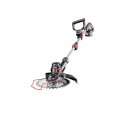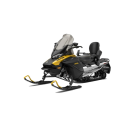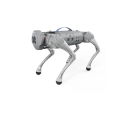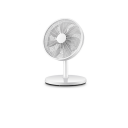-
31
-
2025-11-13 14:58:40
Ever been driving and suddenly your lights dim? Or your AC cuts out? Maybe your car just dies on the road? Most people think “dead battery” right away—but the problem’s often the alternator.
The alternator’s your car’s energy hub. It charges the battery. It powers all the electronics—headlights, radio, navigation. Its lifespan matters for safe driving. Today, we’re talking about how long it really lasts. And how to make it last longer.
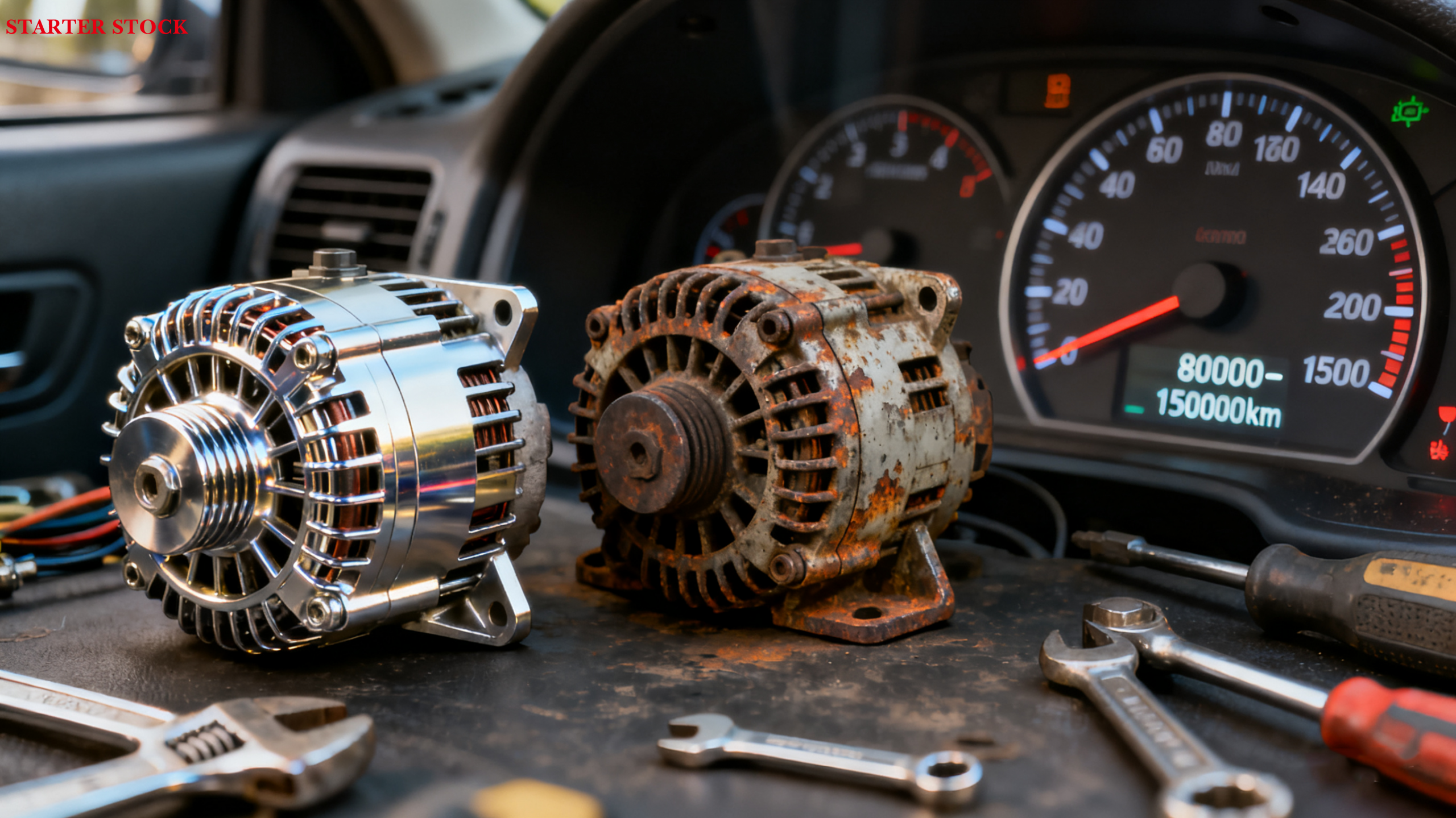
1. The Main Question: How Long Does It Usually Last?
There’s no exact number. But here’s the deal: with normal use and basic checks, an alternator lasts 80,000 to 150,000 km. Or 5 to 8 years.
But this varies a lot. Some people drive 10 years with no alternator trouble. Others have theirs fail after 3 or 4 years. Three things cause this gap. And most of us wear our alternators out without even knowing it.
2. What Kills Its Lifespan? Top 3 Factors
1. Driving Habits: Small Mistakes Hurt the Most
Driving habits are silent killers. A big one: idling for hours with electronics on. Sitting in the car, engine running, AC on, lights on—scrolling your phone or listening to music.
At low engine speeds, the alternator can’t make enough power. So the battery has to help. When the battery runs low, the alternator works too hard. Internal parts like rectifiers and regulators wear out faster.
Another mistake: forgetting to turn off electronics before you get out. Next time you start the car, the alternator gets a huge current hit. Do this often, and it wears down quick.
2. Maintenance: Ignore Small Parts, Lose the Whole Thing
The alternator seems tough. But its key parts need checks. Take the drive belt. It connects the engine and alternator. It spins the alternator with friction.
If it’s loose, it slips. Power output drops. If it’s old and cracked, it might snap suddenly. Then the alternator stops working entirely.
Bearings and brushes inside wear out too. Worn bearings make a buzzing noise. Worn brushes cause bad contact. Let these small issues go, and the whole alternator fails. Old cars with leaky, aging circuits? They make the alternator work overtime. That shortens its life.
3. Environment: Harsh Conditions Speed Up Wear
Alternators hate moisture, dust, and heat. Working in tough conditions day after day wears them down.
In humid southern rainy seasons, moisture gets inside. It rusts metal parts. On dusty northern roads, grit creeps in. It grinds rotors and brushes. Stop-and-go traffic is bad too. The alternator never gets into a steady rhythm. Efficiency goes up and down. Parts wear out faster.
3. How to Make It Last Longer: 3 Easy Tips
Extending your alternator’s life isn’t hard. Just follow these steps:
1. Ditch Bad Electrical Habits
Always turn off lights, AC, and music before you get out. That avoids the current surge when starting. Never idle for hours with electronics on. If you need power temporarily, rev the engine a little. Let the alternator work properly.
2. Do Regular Checks
At every service, ask the mechanic to check the drive belt. Feel how tight it is. Look for cracks or if it’s gone hard. Listen for odd noises from the alternator. A buzz? That’s worn bearings—get them looked at right away. Keep an eye on the battery too. It and the alternator team up. A dead battery makes the alternator work too hard. A bad alternator kills the battery fast.
3. Handle Harsh Environments
If you drive on dusty roads or in humid spots a lot, wipe dust and gunk off the alternator now and then. Shield it from the weather as best you can.
4. Warning Signs: Your Alternator Is Failing
Alternators don’t just quit out of the blue. Learn these signs to avoid getting stranded:
The biggest red flag? The battery/alternator warning light on your dash. It’s usually red. If it pops on, the alternator might not be making power. Head to a mechanic right away—don’t wait.
Other signs? Lights that dim suddenly. AC that’s not cold enough. Navigation or radio that restarts over and over. Having trouble starting the car? Don’t just blame the battery. Check the alternator too.
Conclusion: Good Maintenance = Longer Life
An alternator’s life is half quality, half care. It’s not as finicky as the engine. But it can’t handle being neglected for years.
Pay attention to small details. Do regular checks. Your alternator will stay reliable. You’ll skip roadside trouble. You’ll save on expensive repairs.
Remember: good car maintenance means fixing small issues early. That way, every part works its best—for as long as possible.





